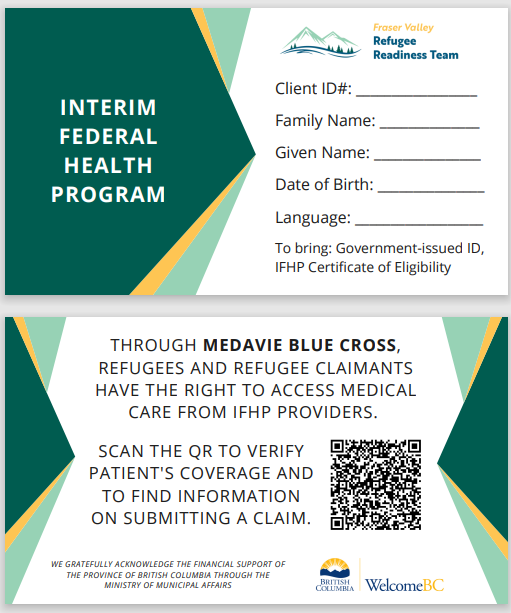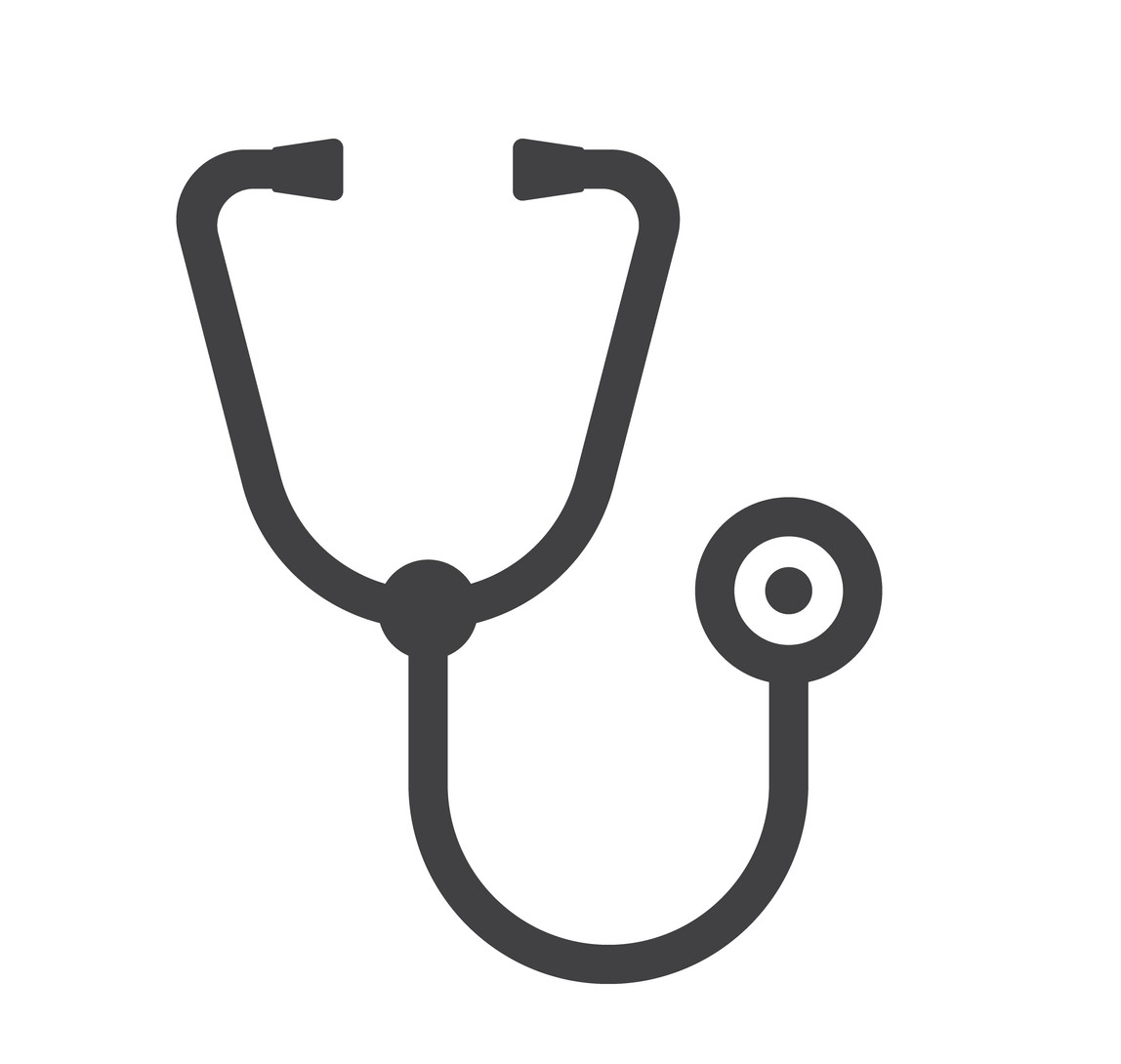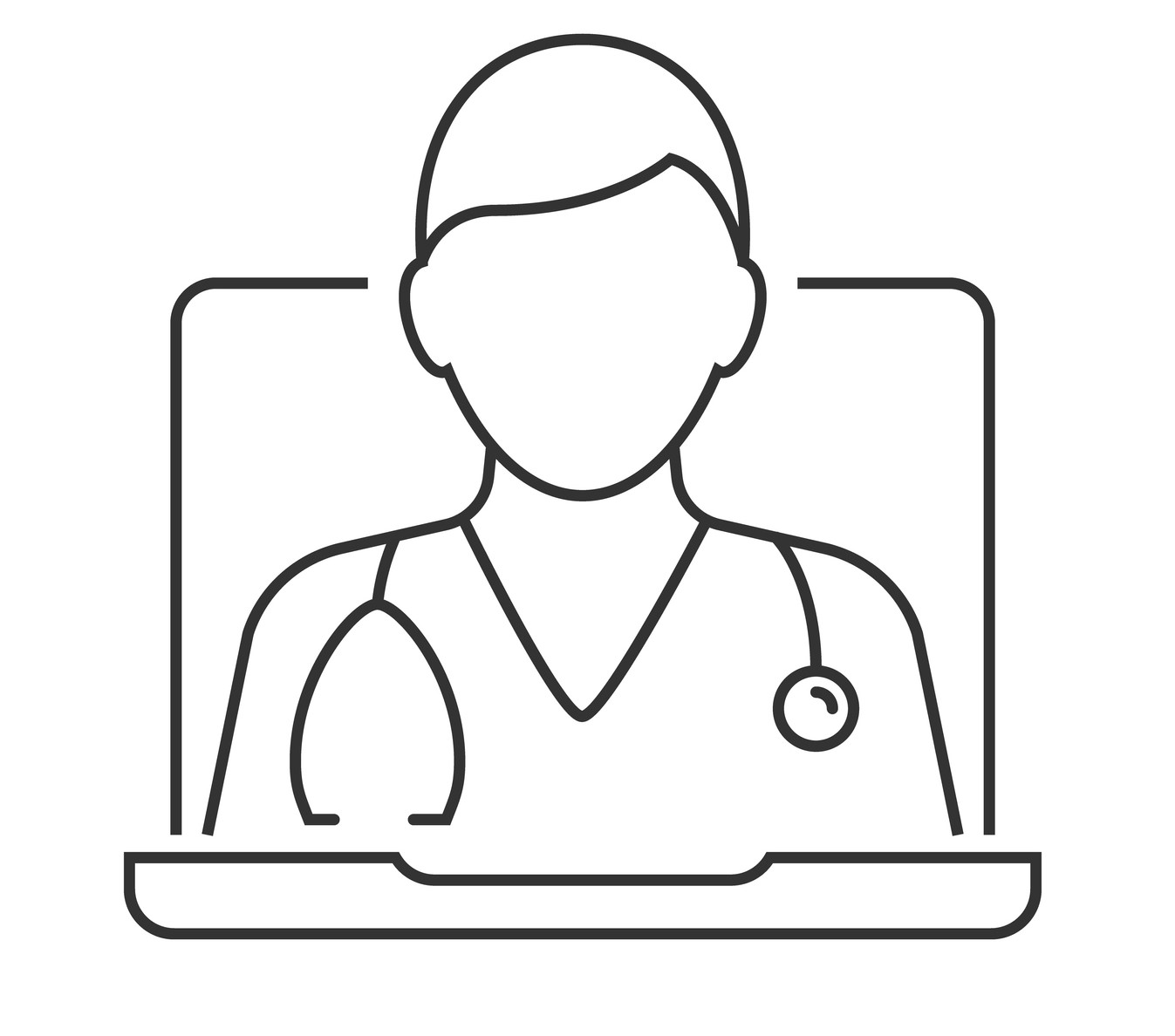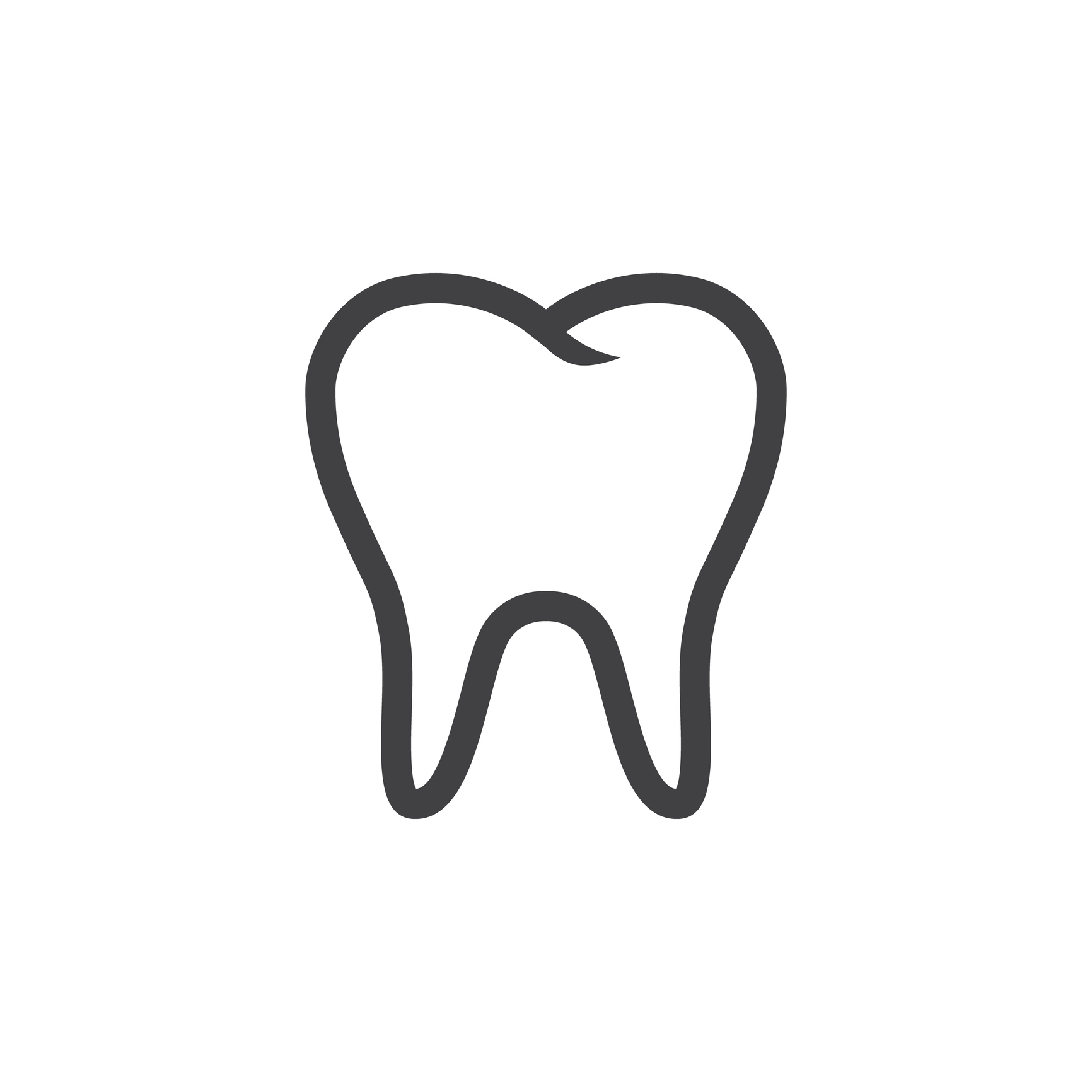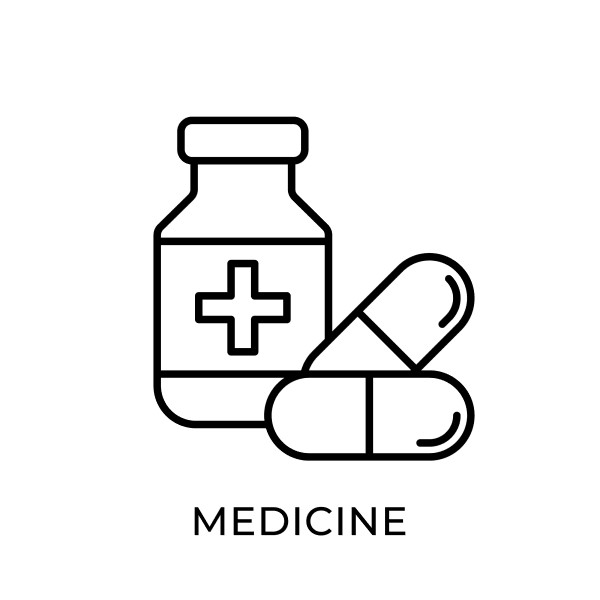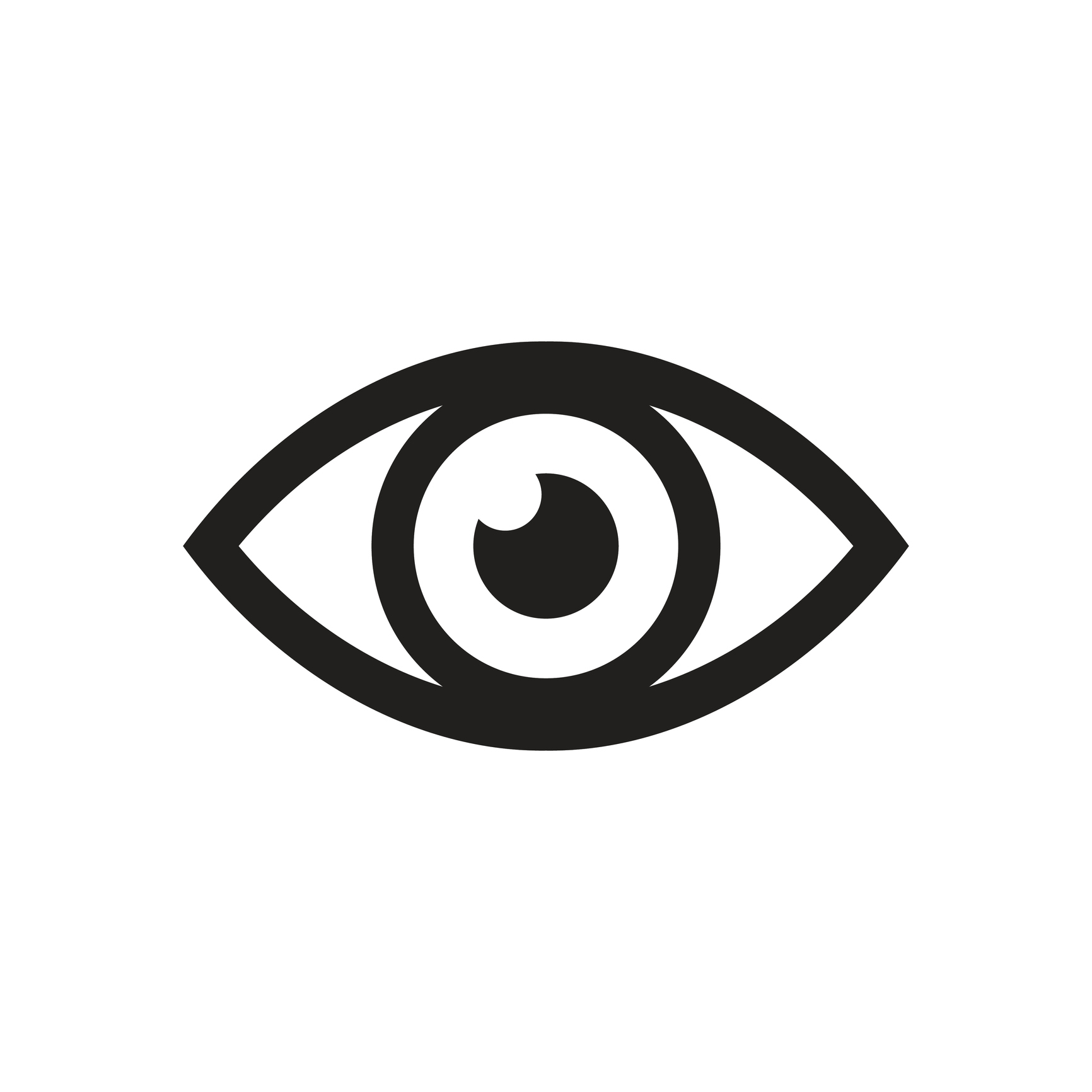Healthcare Resources
Providing refugees with information about a variety of healthcare resourcesPrintable Brochures by city with resources for healthcare, employment and housing:
Please note that these were last updated February 2024. Always check with the service provider directly to confirm services and details.
Abbotsford – English
Abbotsford – Arabic
Abbotsford – Dari
Abbotsford – Spanish
Abbotsford – Ukrainian
Chilliwack – English
Chilliwack – Arabic
Chilliwack – Russian
Chilliwack – Spanish
Chilliwack – Ukrainian
Mission – English
Mission – Arabic
Mission – Dari
Mission – Spanish
Mission – Ukrainian
Maple Ridge/Pitt Meadows – English
Maple Ridge/Pitt Meadows – Arabic
Maple Ridge/Pitt Meadows – Dari
Maple Ridge/Pitt Meadows – Spanish
Maple Ridge/Pitt Meadows – Ukrainian
If you are experiencing chest pains, difficulty breathing, or severe bleeding, it could be a life-threatening emergency. Call 9-1-1 to receive immediate emergency care.
Click on the IFHP card image on the right to download a pdf printable version, or reach out to your settlement worker or FVRRT@Archway.ca to receive a physical copy.
Disclaimer: This is not an official document, but merely a tool to assist refugees and refugee claimants in advocating for medical care. You must still bring your IFHP Certificate of Eligibility and government-issued ID.
If you are experiencing a non-life threatening medical problem, you have three options: emergency rooms, walk-in clinics, or Urgent Primary Care Centres.
What documents to bring:
1) A Refugee Protection Claimant Document (RPCD) (with photo ID [driver’s license, passport])
or
2) An Interim Federal Health Program Certificate (IFHC)
or
3) Or MSP Number
Optional: List of medications including allergies, health complications etc.
Emergency rooms (Free Healthcare access for refugees)
- Located at hospitals, open 24 hours a day
- When to go: severe or potentially life-threatening illnesses or injuries (ex. Broken bone, difficulty breathing, chest pains)
- Waiting in the emergency can often take many hours, be prepared to wait. Go to this link to look up what the current wait time is: Emergency Room Wait Times
- Every emergency room is required to offer care through the Interim Federal Health Program (IFHP) and the Medical Services Plan (MSP).
Urgent Primary Care Centres (UPCC) (Free Healthcare access for all – Available in limited cities)
- UPCC provide care for illnesses and injuries that are urgent, but are not an emergency
- Designed for individuals who do not have a family doctor or nurse practitioner
- Patients are seen in order of severity, which means that if you go and it is not very urgent, you may have to wait a while, but if it is very urgent, they will likely be able to see you quickly
- Examples of when to go to a UPCC: cuts, new or worsening pain, sprains, nausea, and mental issues such as low mood, anxiety or depression
- There are not UPCC in every city, but are available in the following cities: Abbotsford, Maple Ridge/Pitt Meadows
Walk-in Clinics (Free health care access for refugees if the clinic is enrolled in the IFHP)
- These are smaller clinics are located around the city and offer drop-in appointments
- Open business hours and may be closed weekends.
- When to go: Less-severe illnesses/injuries (stitches, earaches etc.)
- Call before you go:
- Confirm if the walk-in clinic is registered to offer free care under the Interim Federal Health Program.
- See if the clinic is still accepting walk-ins for that day. Due to demand, the clinic may close early if they have received many patients.
- Please click the link for local registered Walk-In Clinics or search local for IFHP providers.
If you are unsure where to receive medical help or need basic medical advice, call 8-1-1 to connect with someone who can offer guidance navigating the healthcare system. They can connect you with a medical professional.
For translation services, call 8-1-1 and when someone answers, say the language you want, to access more than 130 languages.
Connections will be made with various healthcare providers in order to alleviate challenges refugees encounter when trying to access these services. We acknowledge the challenges for newcomer refugees to access walk-in clinics and look/find a family doctor, and work to make these more accessible.
We have provided information to various types of health care services. This is far from a completed list for each of the cities. If you require more information, please visit the following websites:
Healthcare Resources
Click the icons below to see service providers in each city. For additional information on other healthcare resources available, go to Other.

